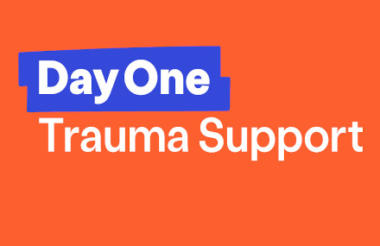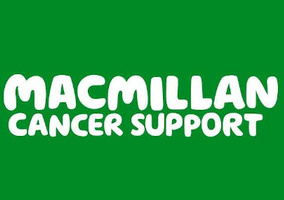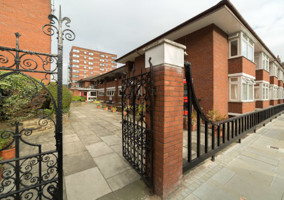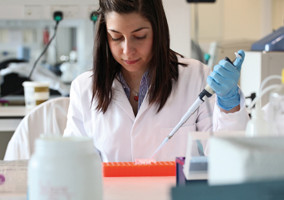Even against a challenging socio-economic and political backdrop, in recent years most charities have shifted to a providing a holistic model of support rather than the ‘sticking plaster’ approach that treats the symptom, rather than the cause.
In the healthcare space, we’ve seen many organisations adapt to align with and support the NHS’s long-term plans around supported self-management. Essentially, supporting and enabling people to live well with long-term conditions. This means more than addressing their immediate clinical needs.
While some such provision exists for major trauma patients, the charitable support is often defined by injury to a specific body area, such as brain injury or spinal cord injury. This approach offers hugely valuable and much needed specialist support, but leaves many who do not fit into certain criteria to face recovery alone.
Moreover, the support is patchy across the country. Wake up in a Major Trauma Centre (MTC) following a life-changing incident (car crash, assault or sporting injury, for example) and it’s down to your postcode as to whether you get the legal, emotional or financial support you need.
In my role at Day One Trauma Support, I’ve seen first-hand the excellent clinical care provided by the NHS Major Trauma Centres or Major Trauma Units, and I truly believe the chances of your life being saved are higher than ever before. In part, this is down to the reforms to major trauma care which took place within the NHS following a review some ten years ago, and the resulting structural changes have improved both survival and recovery for those people who are the most seriously injured.
People can fall through the net
Yet at Day One we also see the longer-term reality for patients. Often they are severely injured in a way that is life-changing, but once discharged from acute NHS clinical care, they can fall through the net of what are relatively scant health and social care services. This is particularly shocking when considering the extent of some people’s rehabilitation needs.
If you are unlucky enough to be involved in an accident for example, and you have insurance cover which can be used to support a legal claim, your rehabilitation needs may well be met. But if not…what then? What impact on an individual’s life and those closest to them? What impact on society if a person cannot return to work, needs housing adaptation and long-term care? The wider psychological and rehabilitation needs cannot be understated and sadly, are simply not being consistently met.
While injury severity and complexity is not restricted to younger people, typically major trauma affects people under 40, meaning that they are often working, caring for others and have significant financial responsibilities. The non-clinical needs of this group are seen and understood first-hand by those who care for them within the NHS, and yet those same staff are largely unable to access or signpost to the range and breadth of support services a person will need. This includes legal advice, welfare benefits advice, counselling, emergency funding help, and the opportunity to talk to someone who has lived the experience of major physical trauma themselves. At Day One we call that peer support – an invaluable listening and supportive ear, giving hope, care and experience to newly affected people and those close to them.
Expanding and plans for collaboration
As we expand Day One Trauma Support from a very successful Leeds-based initiative, into a national independent charity servicing Aintree MTC in Liverpool from July 2021, with plans for collaboration with many more NHS Trusts later on, we are hugely excited about this charity’s future.
Where Day One does not exist, these practical and emotional services are at best inconsistent in terms of availability, and at worst, completely unavailable in some parts of the country. Day One’s mission is to have a presence in every Major Trauma Centre in England, providing the practical and emotional support that we know these people and those close them really need. But our mission goes beyond that. In recognising the longevity of a support system that is needed, we seek to reach out beyond the bedside and into the community to people beyond their hospital stay, to signpost and support people effectively, to learn from those with ‘lived experience’ of major trauma, and to become a trusted voice of influence in this area of care.
We also intend to influence improvements in major trauma care, so that accessing holistic support is no longer down to luck. This means convening and collaborating with others, gathering the evidence for systemic change, and providing a benchmark for what ‘good’ looks like in relation to the care of major trauma patients after their initial life-saving clinical care. We don’t expect to tick all of the boxes ourselves, but we’ll certainly make a case for what needs to happen and why, and finally put major physical trauma on an equal footing with other serious health issues.
Lucy Nickson is the chief executive of Day One Trauma Support.
Related articles












